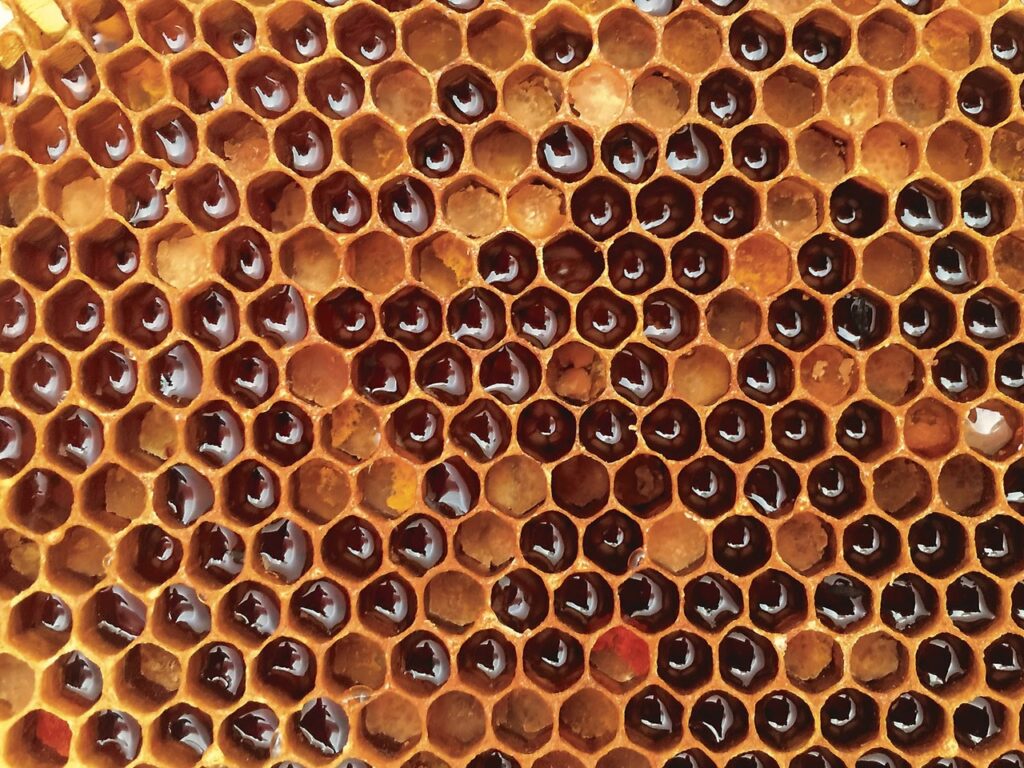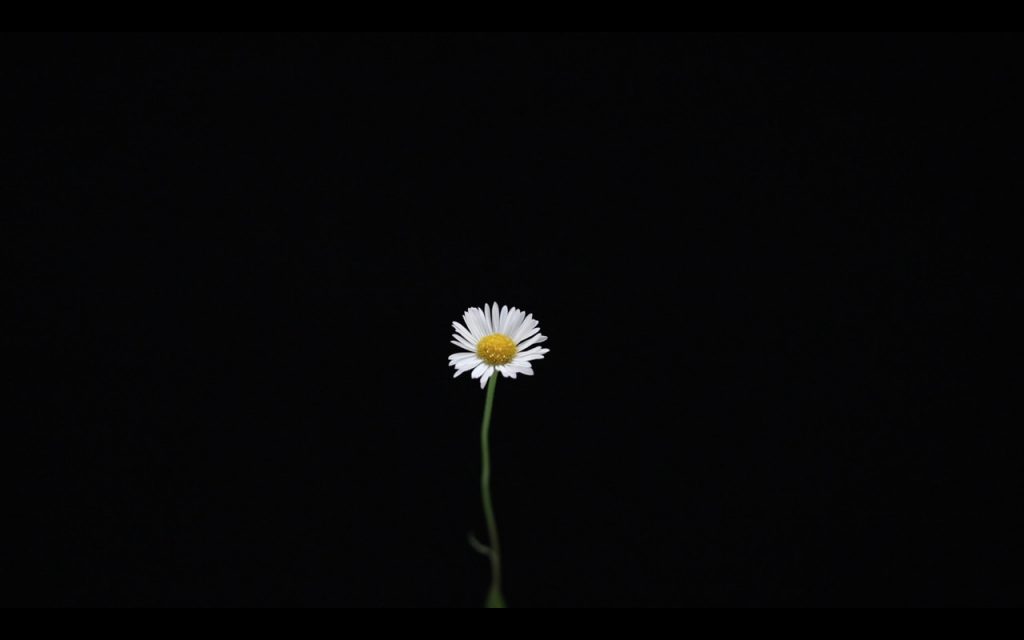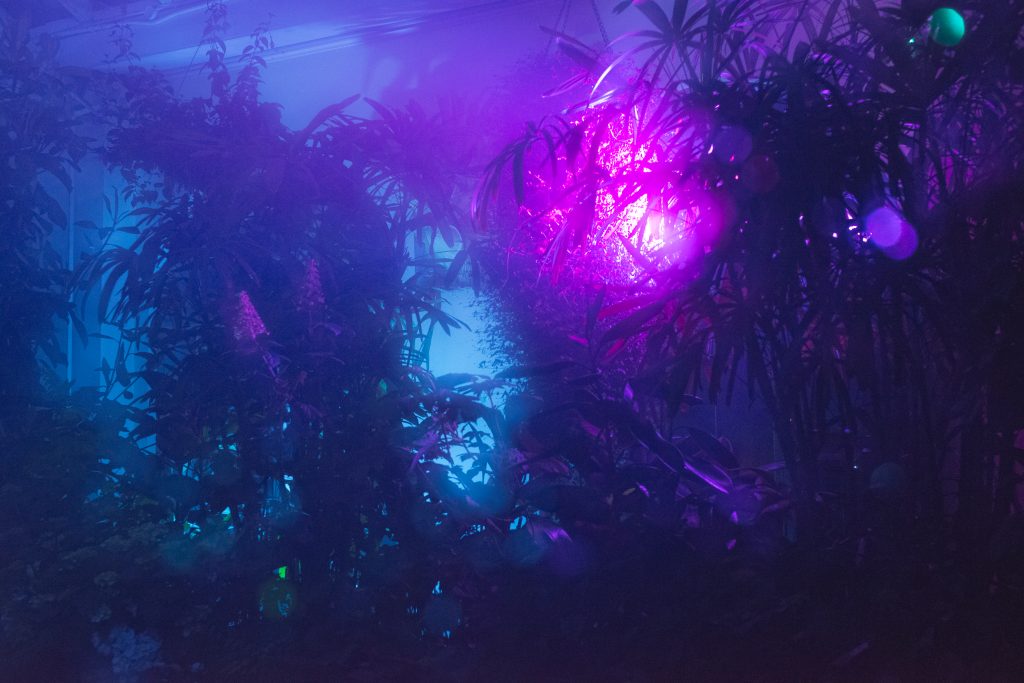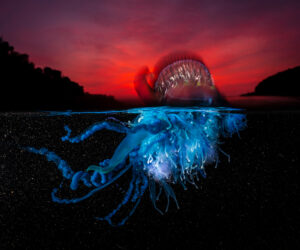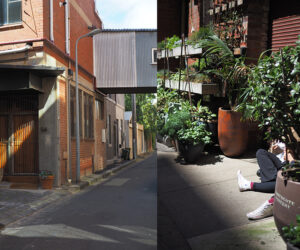Why Listen to Plants?
Are plants conscious? If we now know that plants use sound to sense their surroundings, does it follow that plants also, somehow, ‘speak’?
Plants and their companions may be quiet protagonists in a noisy world, but at a time when our environment is in crisis, can we take a leaf out of their book and learn from the relationships they cultivate? Plants are part of, and themselves contain, many worlds.
Why Listen to Plants? is an exhibition and program of performances, talks and workshops over three weeks. This program arrives in Melbourne following Liquid Architecture’s iterations in Berlin (DE), Lofoten (NOR) and Queensland (AUS).
The cultivation of vegetal consciousness begins with deepening awareness of the actions and agency of nonhuman others. A diverse range of practitioners including artists, designers, musicians, dancers and scientists will explore plants as sites of collective organisation, and their collaborators – microbes, fungi and bees – as social protagonists. Curated by Liquid Architecture’s Danni Zuvela, this program of experimental plant-listening will attempt to model the best features of these interspecies entanglements (reciprocity, mutualism, collective intelligence) while leaving behind the worst (co-dependency, parasitism).
Zuvela states: “As our acoustic and political sensitivity evolves, so do artistic modes of sounding and listening— which is why we think that to listen to plants is a powerful way to radically de-centre the human, in favour of a much more generous, but potentially destabilising, conception of the world.”
“For this program, we are collaborating with both international and local artists who work at the intersection of theory and live performance. These artists use various strategies to extend vegetal thinking into sound and listening, from guided walks, talks, readings and lecture performances to experimental music, film, installation, herbalist pedagogy, dance, natural radio, and folk songs.”
Each weekly theme begins with keynote talks by leading experts in the field, moves into workshops and problem-solving for discussions and questions; and culminates in live performance with a critical focus.
Week 1 (November 22 – 24) will delve into plants and microbes – at Worlds within Worlds, Djirri Djirri Dance Group will perform stories of creation, family and country. Out of the Ooze will look at the propagation of viral forces, with Alicia Frankovich (NZ/DE) remapping expressions of the natural world through queer voice. In Porous Interactions, Ivey Wawn and a team of performers will use observed microbial processes to create durational choreography, whilst Scale Free Network will share observations on microbes as social actors.
Week 2 (November 27 – December 1) will look at plants and fungi – in More Rooted, Danni Zuvela discusses listening to vegetal others and Nathan Gray (DE/AU) presents The Station, a science-fictional lecture-performance featuring three narrators, one of whom is a tree. Unearthly Objects will investigate how soil holds time, events and knowledge, and in Fruiting Bodies, Magic Steven and Makiko Yamamoto (JP/AU) will stage a fraught cooking show with mushrooms.
Week 3 (December 4 – 8) will focus on plants and bees – Bold Florals and Runny Things explores the delicate symbiosis between bees and flowers, enabling “plant listening in the key of bee”, and in Undiluted Flow State, Honeyfingers and friends will share experiences of urban bee-keeping, while RMIT’s Adrian Dyer and Scarlett Howard will share their research on bee cognition and communication. The program will culminate with Why Listen to Bees?, an offsite field trip at Hepburn in regional Victoria, in collaboration with Milkwood Permaculture, 15 – 16 December.
Full list of practitioners: Adrian Dyer + Scarlett Howard, Aidyn Mouradov, Alicia Frankovich (NZ/DE), Amaara Raheem, Ann Lawrie, Anthony Magen, Arini Byng, Jess Gall + Rebecca Jensen, Autumn Royal & Ela Stiles, Aunty Annette Xiberras, Ben Byrne, Benjamin Woods, Charlie Sofo, Damien Nicholson, Danni Zuvela, Debris Facility, Diego Bonetto, DJ Slime, Djirri Djirri Dance Group, Dylan Martorell, Floris Vanhoof (BE), Geoff Robinson, Gian Manik, Hannah Hallam Eames (NZ), Holly Childs (NZ/NL) + Gediminas Zygus aka J.G. Biberkopf (LI), Honeyfingers, Ivey Wawn (with Amaara Raheem, Arini Byng, Evan Loxton, Jimmy Nuttall, Lucien Alperstein, Megan Payne + Shota Matsumura), Jenna Sutela (FI), Justin Clemens, Kalle Hamm (FI), Katie West, Kelp D/J with Benjamin Hancock, Kirsten Bradley + Nick Ritar, Lz Dunn, Madeleine Mills, Magic Steven, Makiko Yamamoto (JP/AU), Maria Chavez (US/PE), Marjolijn Dijkman and Toril Johannessen (NL/NO), Michael Marder (US), Monica Gagliano (IT/AU), Nathan Gray (AU/DE), Radha Labia, Scale Free Network, Scott Mitchell, Tyson Campbell (NZ/AU), Walon Green (US), Wet Kiss, Ying-li Hooi + Tarquin Manek, Zheng Bo (HK).
Why Listen to Plants? is curated by Danni Zuvela, co-presented by Liquid Architecture and RMIT Design Hub.
Liquid Architecture is supported by City of Melbourne, Creative Victoria and Australia Council for the Arts.
Graphic Design for this program is by No Clients.
